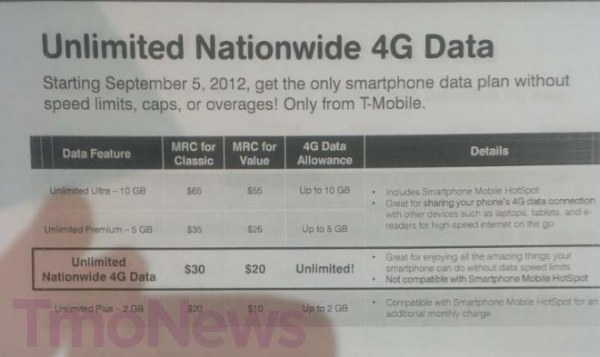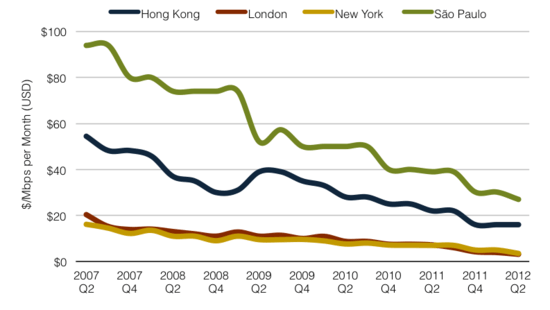Despite glowing media reports about Time Warner Cable’s announcement it is investing $25 million to expand its fiber optic network in parts of Brooklyn and Manhattan, in fact the fiber expansion is part of a previously-reached franchise agreement with New York City officials and will only be available to large business customers that can afford the asking price.
Time Warner Cable’s press release, which generated favorable media coverage in The Wall Street Journal and Bloomberg News, focused considerable attention on fiber upgrades for the Brooklyn Navy Yard, since reborn as a modern tech-friendly business park.
TWCBC also announced that the Brooklyn Navy Yard Development Corporation, a 501(c)(3) organization, will receive a state-of-the-art Time Warner Cable Learning Lab in its Employment Center, located inside the massive complex and accessible to the public.
“We are very pleased to work with the City of New York to make significant investments to ensure that this city has the technology infrastructure to successfully compete in a worldwide marketplace,” said Ken Fitzpatrick, President of Time Warner Cable Business Class, East Region. “Our fiber optic network provides dedicated Internet access at incredible speeds and high-bandwidth capabilities to serve the communications needs of any business.”

Time Warner Cable was required to make its investment in the Brooklyn Navy Yard as part of its franchise agreement with NYC officials.
Time Warner Cable did not, however, provide this investment out of the goodness of their heart. They were required to under the terms of the current franchise agreement the company signed with city officials:
[Time Warner Cable] will install, at its own expense, the fiber optic and coaxial cables and related facilities and equipment needed to provide its service to the buildings and occupants throughout the Brooklyn Navy Yard facility.
Time Warner Cable is also extending its network to more commercial establishments throughout the city, in keeping with its previously-announced interest in expanding services to business customers. Nothing new to see here either.
That did not stop Bloomberg News from comparing Time Warner’s network expansion with Google’s gigabit network in Kansas City:
Time Warner Cable Inc. will expand fiber-optic lines to businesses in New York, a move that boosts Internet speeds as much as 20 times and provides an East Coast counterpoint to Google’s ultrafast network in Kansas City.
The company faces a threat from Google more than 1,000 miles away in Kansas City, where the Internet-search giant is building a fiber-optic network as a test project. Time Warner Cable is the main broadband provider for the area, which spans parts of Missouri and Kansas. While Google’s network will be available to both companies and households, Time Warner Cable’s New York fiber network is focused on businesses.
Google’s network initially will only be sold to residential customers, which are the primary targets for the service. Time Warner Cable’s fiber backbone network primarily works in tandem with its coaxial cable network and does not provide a fiber to the premises connection except for the company’s largest corporate customers.
Time Warner Cable Business Class sells different speeds and services to commercial clients. Most choose speeds considerably lower than 1,000Mbps because of the cost.
What was missing from the coverage is the fact ordinary residential Time Warner Cable customers in New York City will not benefit from these fiber upgrades — they are targeted only to commercial clients. Residential customers will continue to receive the same hybrid fiber-coax service they always have from the cable company.
If New York customers want fiber service, they will have to buy it from Verizon, assuming FiOS has made its way to your borough and neighborhood.


 Subscribe
Subscribe










